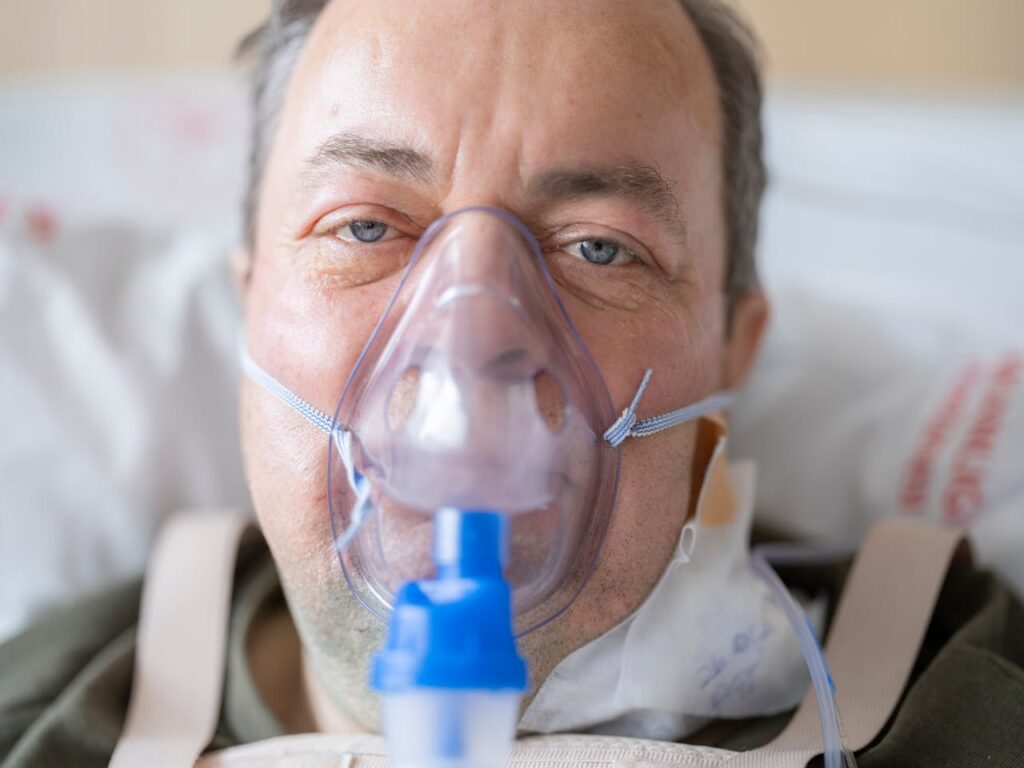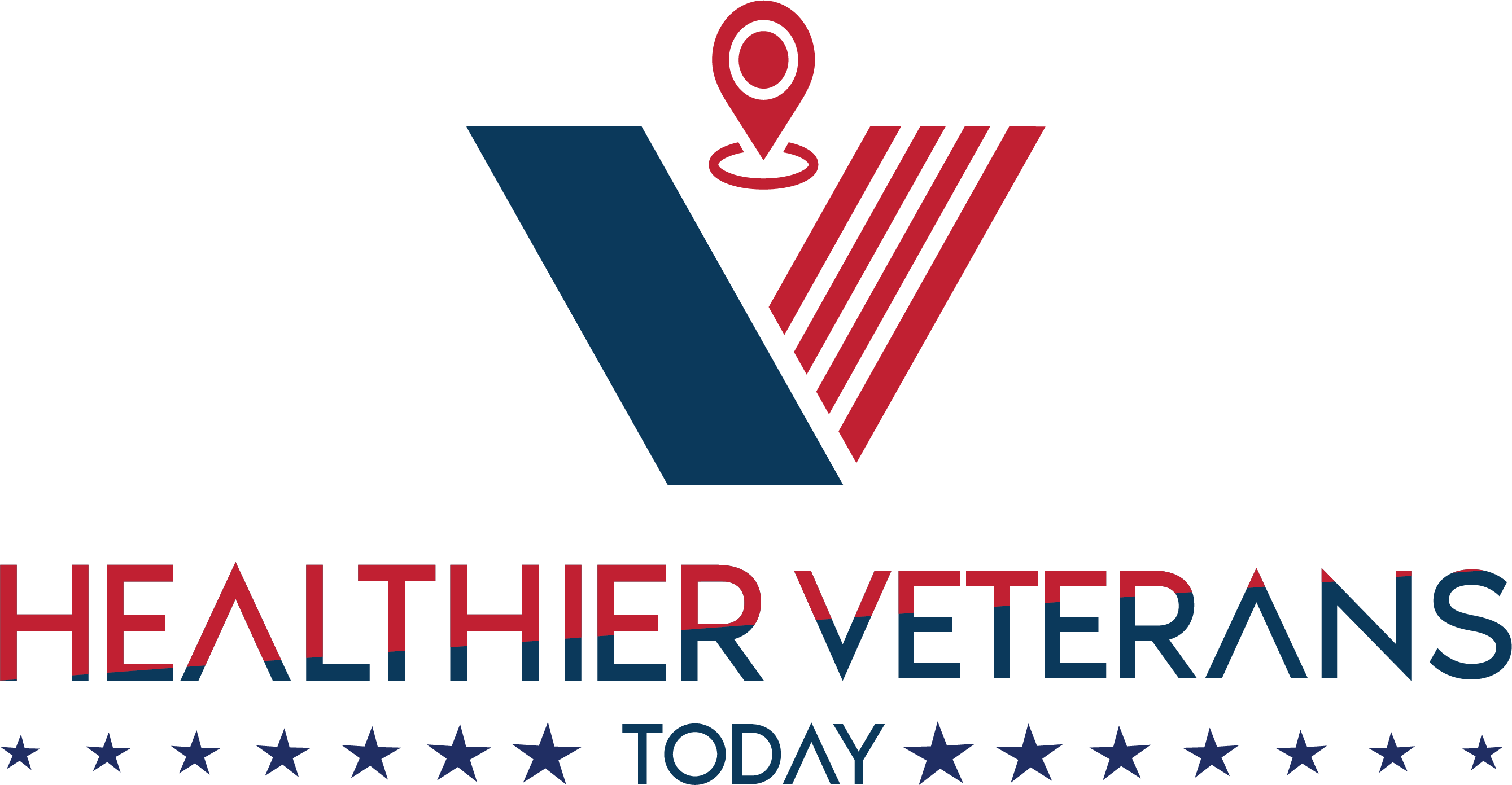40% of veterans have been diagnosed with some form of cardiovascular disease, which includes hypertension, coronary artery disease, heart failure, and arrhythmia. This is due to a number of reasons and affects their daily life.
Want to know more? Let’s take a look at common heart conditions among veterans, why heart care is important, strategies to better heart health, and some delicious recipes you can try.
Table of Contents
Overview of Heart Care

Veterans face many health challenges during their service, which includes heart conditions. Let’s take a look at the most common among veterans and what the risk factors are of each of them.
Common Heart Conditions in Veterans
Hypertension
- Description: This condition forces blood against the artery walls, which can lead to heart disease and even a stroke.
- Risk Factors: Stress, diet, lack of exercise, and PTSD.
Coronary Artery Disease (CAD)
- Description: When the coronary arteries become narrowed or blocked, it reduces blood flow to the heart muscle.
- Risk Factors: High cholesterol levels and smoking.
Heart Disease
- Description: This condition is a term for issues like heart attack, heart failure, and irregular heartbeats.
- Risk Factors: PTSD, chronic stress, and lifestyle choices like a poor diet, smoking, substance use, and a lack of exercise.
Post-Traumatic Stress Disorder (PTSD)-Related Heart Issues
- Description: PTSD can cause problems related to your heart because of high stress levels.
- Risk Factors: Persistent stress and anxiety that cause your blood pressure and heart rate to spike, leading to long-term health issues.
Atherosclerosis
- Description: A buildup of fatty deposits reduces the blood flow, which is unhealthy for your heart.
- Risk Factors: Eating habits, smoking, how much you exercise and a high-stress environment like the military.
Heart Failure
- Description: When your heart is not able to pump blood efficiently it leads to shortness of breath, and fluid retention.
- Risk Factors: Hypertension and CAD.
Arrhythmias (Irregular Heartbeats)
- Description: This is when your heart has abnormal rhythms, which can be life-threatening.
- Risk Factors: Stress, previous heart conditions, medication and your lifestyle.
Important of Heart Care
Your heart is one of the most important organs because it circulates blood through your system, which delivers oxygen and nutrients to your cells and organs. It’s also responsible for removing waste products. Here are some reasons it’s so important:
- Prevents serious conditions like heart disease and stroke.
- It impacts your physical and mental health.
- Prolong your longevity.
- Manages existing chronic conditions like hypertension and heart failure.
Tips for Good Health

There are ways that you can look after your heart and improve your overall well-being. They are:
Eating Healthy
Your diet needs to be rich in fruits, vegetables, whole grains, lean proteins, and healthy fats, as these provide essential nutrients to your body and maintain healthy cholesterol and blood pressure levels.
Limiting your sodium and sugar intake can lower blood pressure, prevent weight gain, and reduce the risk of diabetes. These are risk factors for heart disease.
Another tip for eating healthy is drinking plenty of water. It hydrates your body and helps your heart function properly.
Exercise Regularly
Exercise improves your heart’s strength and circulation. But how much should you be exercising? Around 150 minutes of cardio and 75 minutes of high-intensity exercises.
Here are some exercises:
Cardio
- Walking
- Running
- Swimming
- Cycling
High-Intensity Exercises
- Burpees
- Pushups
- Jumping lunges
- Jumping jacks
Managing Stress

Stress is one of the biggest causes of heart conditions, so it must be managed. Managing stress lowers blood pressure and impacts the heart.
Here are some ways that you can do that:
- Deep breathing
- Meditation
- Yoga
- Fun hobbies
Additional Tips
Schedule regular medical checkups to monitor your health. It should include checking blood pressure and cholesterol levels.
Another great tip is to stop smoking and reduce how much you drink. This can be difficult, but it’s not impossible.
Amazing Recipes
Ready to take care of your heart? Eat your way there with these delicious recipes:
Baked Salmon with Lemon and Herbs

Ingredients
- 4 salmon fillets
- 1 sliced lemon
- 2 minced cloves garlic
- 2 tablespoons parsley
- 1 tablespoon olive oil
- Salt and pepper
Instructions
- Preheat your oven to 375°F (190°C).
- Place the fillets on a baking sheet lined with some parchment paper.
- Now rub the salmon with olive oil, garlic, salt, and pepper.
- Top it with your slices of lemon and fresh parsley.
- Bake it for about 15-20 minutes or until the salmon flakes.
Spinach and Mushroom Stuffed Chicken Breast

Ingredients
- 4 boneless and skinless chicken breasts
- 2 cups spinach
- 1 cup diced mushrooms
- 1/4 cup low-fat cream cheese
- 1 tablespoon olive oil
- 1 teaspoon garlic powder
- Salt and pepper
Instructions
- Preheat the oven to 375°F (190°C).
- Heat olive oil over a medium heat in a skillet, saute the mushrooms until soft and then add your spinach.
- Put in cream cheese and mix until blended.
- Then, remove it from the heat.
- Cut pockets into your chicken and fill it with the spinach and mushroom mixture that you made. If it’s running, use toothpicks to secure it.
- Season the chicken with garlic powder, pepper, and salt.
- Place it on a baking sheet and bake for about 25-30 minutes or until it’s cooked.
Conclusion
A healthy and strong heart is incredibly important for individuals and even more so for veterans, as they have to live and work in high-stress environments. This affects your heart health and can cause issues like hypertension, coronary artery disease (CAD), heart disease, and more. Luckily, there are ways to care for their hearts, which can also be yummy. Recipes like baked salmon with lemon and herbs along with spinach and mushroom stuffed chicken breast, help veterans improve their overall health, starting from the inside – quite literally.





